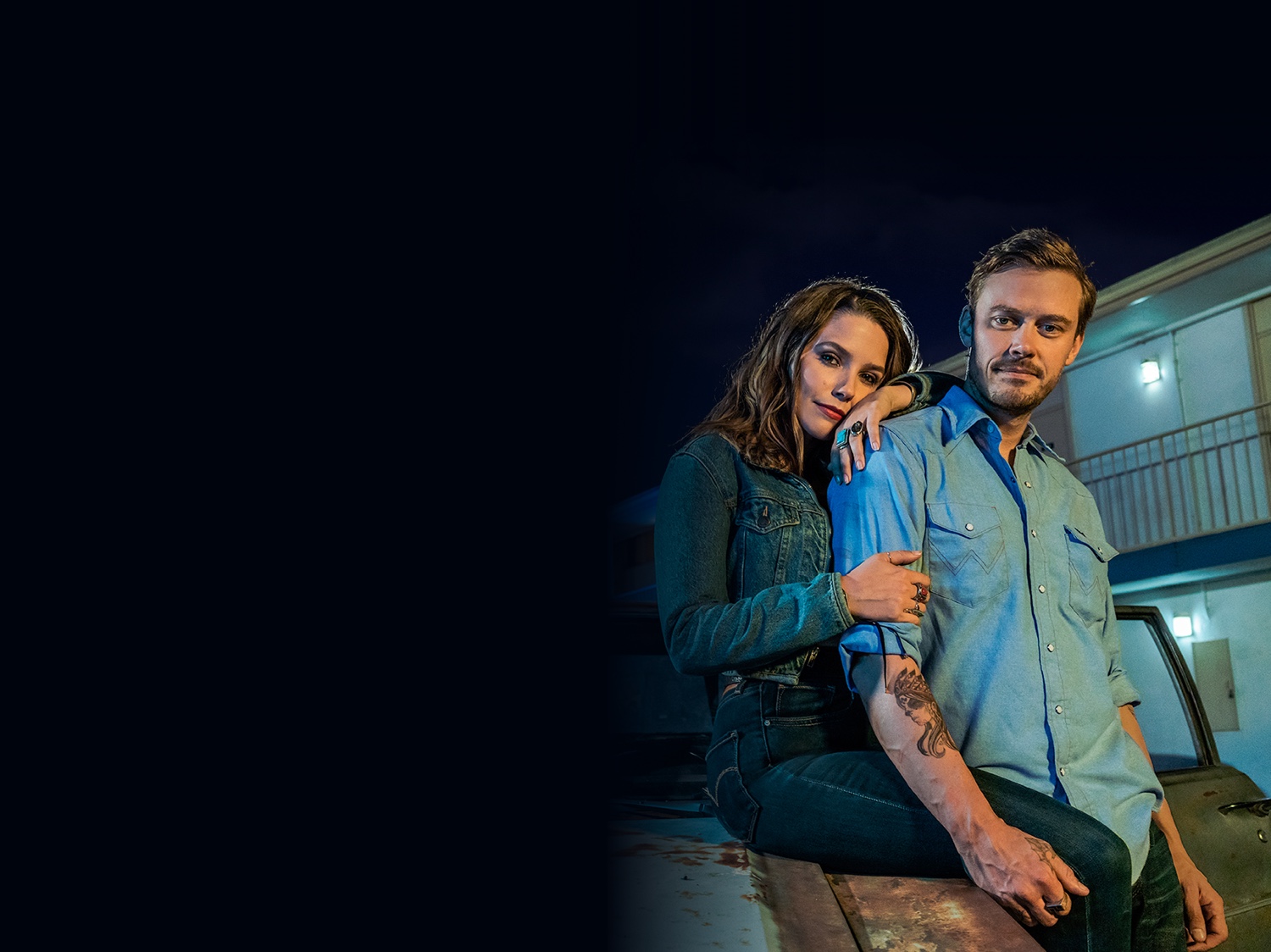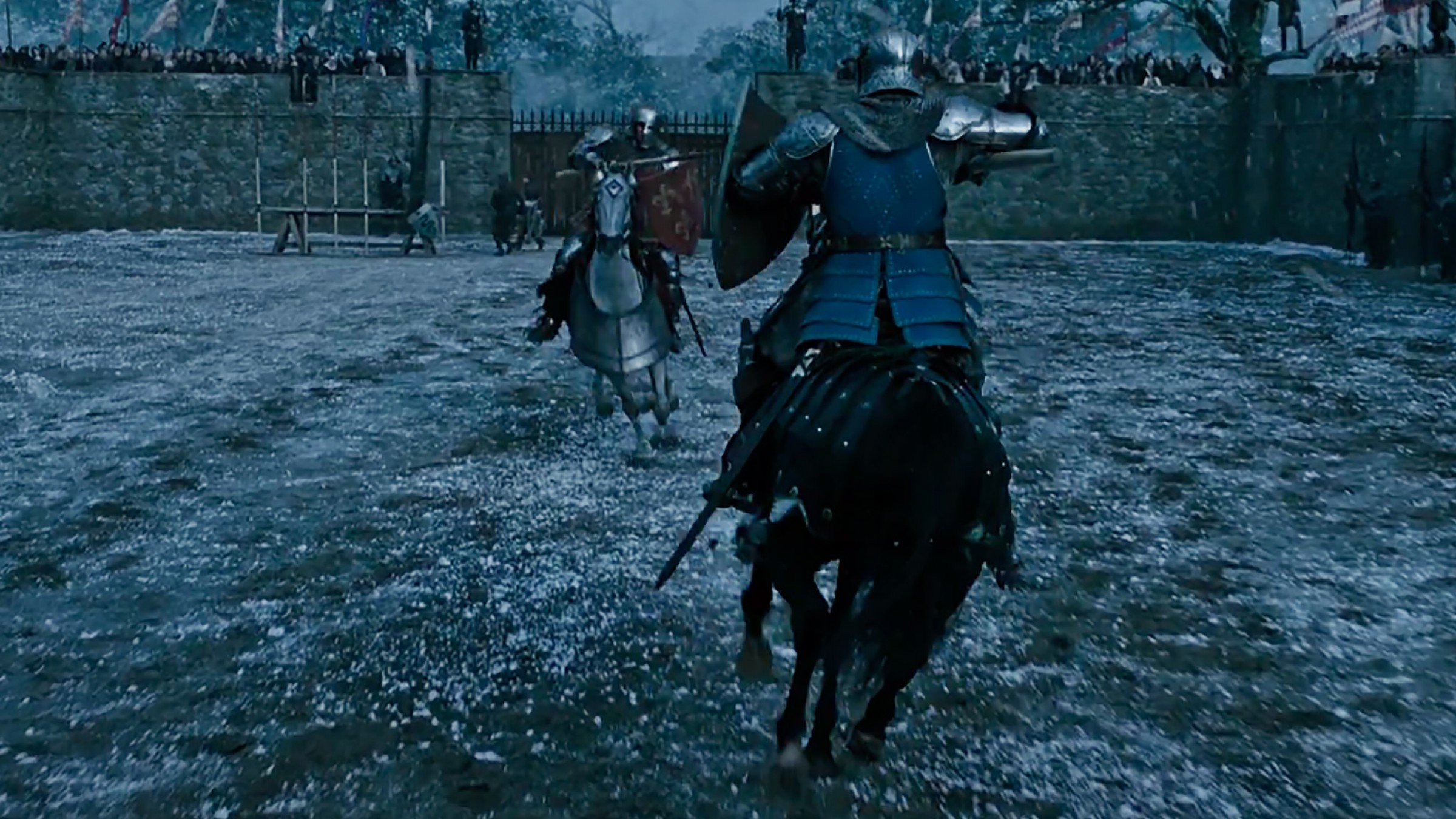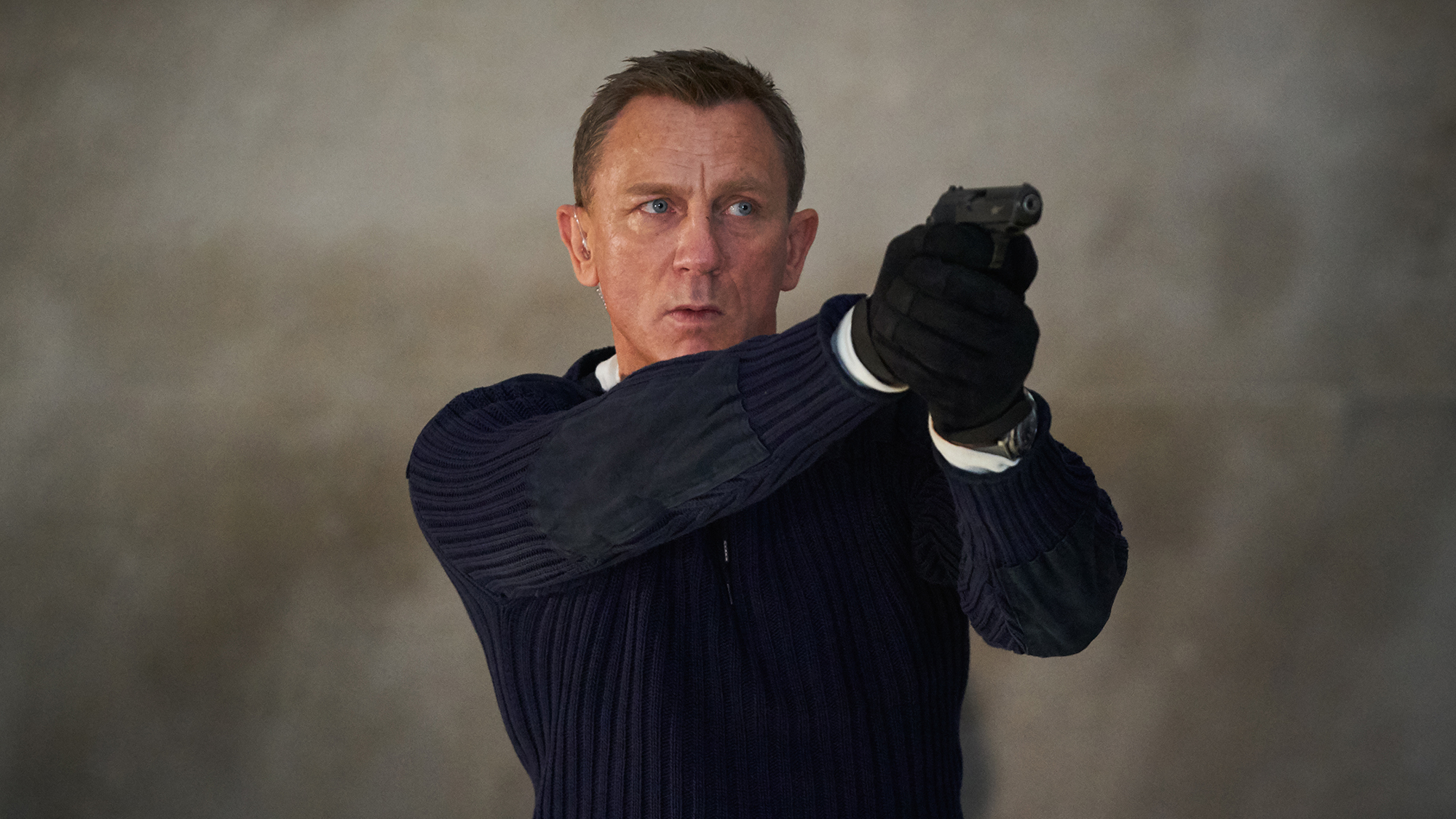Hard Luck Love Song
by Rachel Willis
Working from the Todd Snider song, “Just Like Old Times,” writer/director Justin Corsbie (with co-writer Craig Ugoretz) brings the lyrics to life with his debut feature film, Hard Luck Love Song.
Basing a film on a song isn’t unheard of, but it isn’t very common either – probably for a lot of reasons. The biggest one being most story songs rely on character tropes to allow their listeners to connect to the characters. In this case, the antihero and the hooker with a heart of gold.
And even then, a film can succeed in adapting a song to the big screen if the background story and characters are fleshed out in believable ways. Unfortunately, Corsbie and Ugoretz don’t pull this off.
I find it hard to believe that in this day and age anyone could be hustled playing pool – didn’t everyone see Color of Money? But apparently, the scam still flies –because when we meet Jesse (Michael Dorman), it’s the way he makes his living. New to town, living in the Tumble Inn, Jesse is seeking to work over the locals.
There’s some slow action in the first half of the film. A pool tournament that starts as a montage begins to drag as the final three games play out between Jesse and Rollo (Dermot Mulroney). After a particularly ill-advised hustle, Jesse’s celebratory scene is indulgent and tacks on to an already slow opening act.
The story starts to pick up when an old flame (Sophia Bush) enters the picture, nearly halfway through the film. However, this is also when the movie begins to take on a different life, setting a new tone and coming closer to the meat of the song on which it’s based. If the film had continued to set a new stage in each act – treating each piece as a vignette in Jesse’s life – this may have worked. However, when elements of the first act are reintroduced into the final act, it’s jolting.
The third act is the least satisfying segment – relying heavily on stereotypes and songs to carry it along. It’s also when the film goes completely off the rails. Had the tone of the story not been so serious throughout, perhaps the conclusion could have landed more skillfully. As it is, the tonal shift is so abrupt that it feels as if we’re watching another movie altogether.
If you’re unfamiliar with Snider’s song, a live recording plays over the end credits. You’ll wonder why the filmmakers set such a serious tone when you hear Snider’s playful rendition. Perhaps if more of the song’s humor had made it into the film, the result would have been more satisfying.














